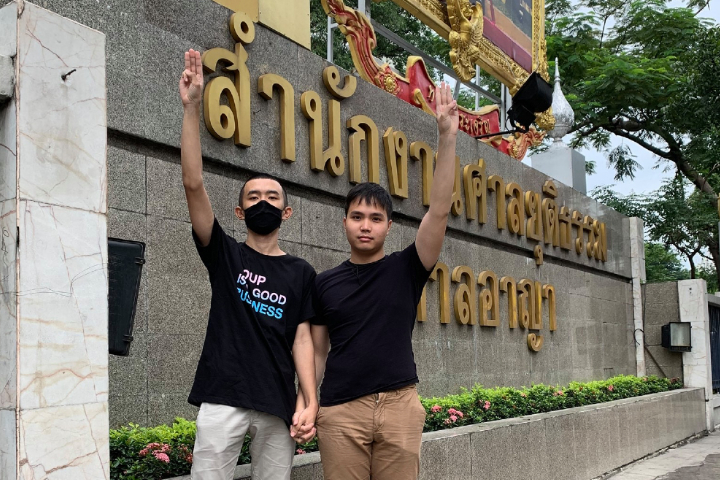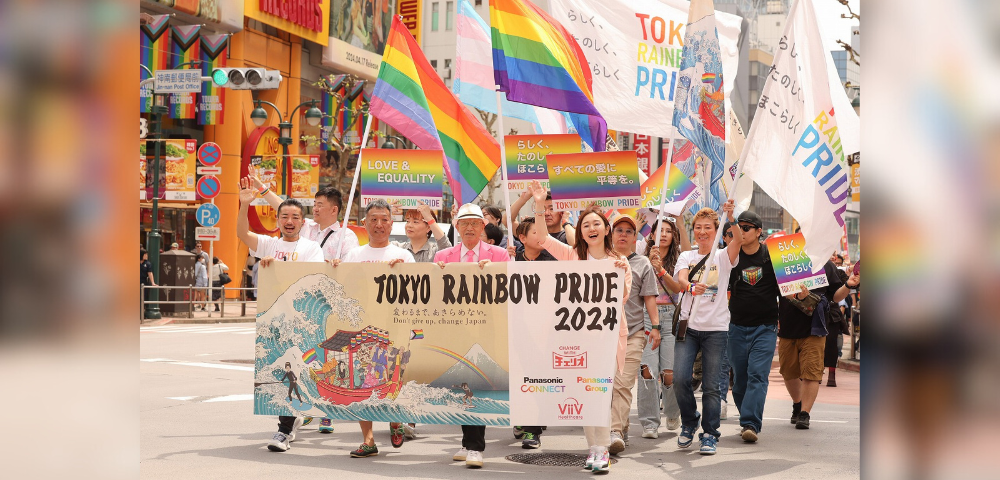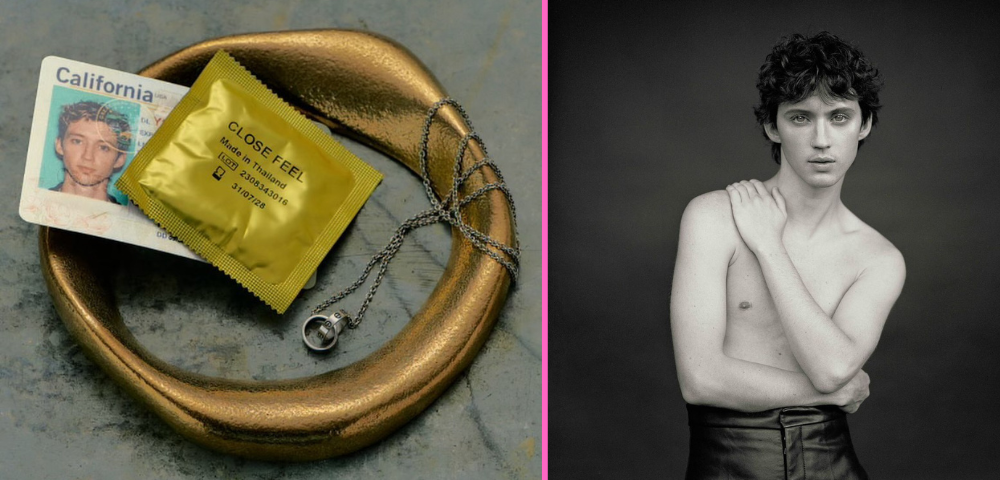
LGBTQI Activists Lead Anti-Government Protests In Thailand & Indonesia

The anti-government protests in Thailand and Indonesia have seen LGBTQI activists taking centre stage in the fight for democratic reforms and human rights.
Last week a group of 71 organisations and 152 activists from across the world signed a joint statement and expressed solidarity with their “LGBTQI siblings” in Thailand and Indonesia.
“We have been closely monitoring the on-going pro-democracy rallies in Thailand. Our heartwarming rainbow and three fingers salute to the inspiring LGBTQI activists, especially children and young people, who are challenging the rule of Prime Minister and dictator, Prayuth Chan-ocha, demanding the PM’s resignation, abolishing the pro-military constitution, and ending the state violence against the citizens. Despite facing the risk of committing violations of ‘lese majeste’ laws, which outlaw criticism, defaming, or even questioning the royal family, we are amazed by their courage to boldly call for reforms in the monarchy, upholding the people’s sovereignty,” said the statement issued by the ASEAN SOGIE Caucus.
The Caucus also noted the protests in Indonesia against the Omnibus Law On Job Creation.
“Our bold rainbow salute to the Indonesian LGBTQI activists who braved to join the people’s struggle and taking the streets, faced health risks during the COVID-19 crisis, in order to hold the Indonesian government accountable,” the joint statement said.
Pro-democracy protests in Thailand
The protests in Thailand have been against the government led by Prime Minister, Prayuth Chan-ocha who had seized power in a coup in 2014. Protesters have been demanding the resignation of Prayuth, a new constitution, release of all activists and are also calling for reforms in the monarchy, especially the ‘les majeste’ laws.
The protests have been largely led by students with the three-finger salute held up by protestors becoming the defining image of the movement. The protests began in February this year, before being halted due to COVID-19 restrictions and then restarting in July.
Two of the most prominent leaders are Tattep “Ford” Ruangprapaikitseree and Panumas “James” Singprom. Tattep and his boyfriend Panumas had burst on to the national stage when they kissed before the cameras in public during the campaign for marriage equality in December 2019. They have led the Free Youth movement and have been prominent faces at the demonstrations.
On August 26, the Thai police arrested Tattep and Panumas and charged them with sedition that carries a jail term of seven years. They were granted bail by a court the same evening after an opposition leader stood guarantor for them. The bail was conditional on them not engaging in similar acts, but that did not stop them from leading protest rallies.
Tattep was rearrested on October 17, and then released on bail. In a message on Facebook, Tattep posted: “Dear LGBTQ+ friends, if we truly believe in equality, we will not support the fascist regime.” In interviews to the media, Tattep linked the LGBTQI rights movement with the larger pro-democracy movement.
“We are not equal. Political activism and rights of LGBTQI marginalised people are inseparable. It has to go together in democracy,” Tattep said, while asking some LGBTQI groups that have been supportive of the authoritarian establishment “to wake up” and that “supporting dictatorships is not equal to supporting diversity.”
The rainbow flag and LGBTQI activists are common sights at the pro-democracy protests. Angele Anang, the winner of the second season of Drag Race Thailand is another well known face who uses social media and her costumes to amplify the protests.
ต้องขอบคุณพี่กองทัพพระเจ้าตากที่ให้แองเจเล่ติดรถขึ้นมาด้วย คือพอเห็นปุ้บตะโกนบอกพี่เขาเลยว่าหนูไปด้วยได้ไหมคะ เท่านั้นแหละไม่เหงาเลย pic.twitter.com/mlbcFTxbtW
— Angele Anang (@AngeleAnang) October 16, 2020
Protests in Indonesia
The protests in Indonesia that started in early October are against the newly enacted ‘Omnibus Job Creation Bill’. Protestors have said the law favours businesses and corporates at the cost of the rights of workers and the environment.
The ASEAN SOGIE Caucus statement commended the “Indonesian LGBTQI activists who braved to join the people’s struggle and taking the streets, faced health risks during the COVID-19 crisis, in order to hold the Indonesian government accountable.”
Though homosexuality is legal in most parts of Indonesia, except a few provinces, in recent years human rights organisations have condemned the crackdown on the community. This includes raids on gay bars and arrests of LGBTQI people. Amnesty International Indonesia had said that “raids like these send a terrifying message to LGBTI people.”
The organisation said that LGBTQI people are in Indonesia “are frequently harassed, intimidated, criminalised, and even killed, simply because of their sexual orientation, gender identity and expression.” Attacks have increased after authorities have targeted the community on the grounds of “defending the country’s public morality and public security.”
LGBTQI are a force to contend with
The Caucus said that in expressing solidarity with their LGBTQI brethren, it wanted to remind governments in the region that “we are a force to contend with.”
“We are not alone in this fight. Collectively, we demand ASEAN states, particularly, the Thailand and Indonesian governments, stop the violence, police brutality and listen to the people’s struggles that are advocating for human rights, justice and democracy,” the statement said.









